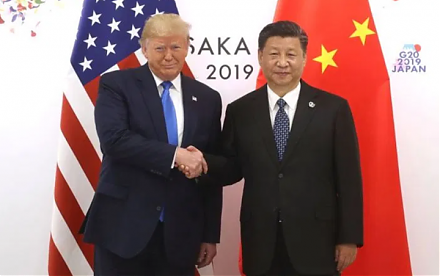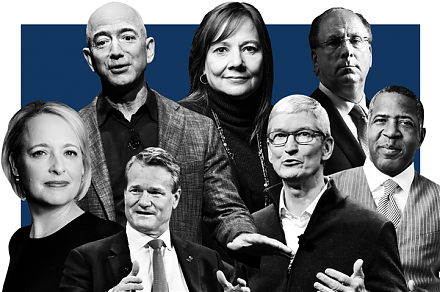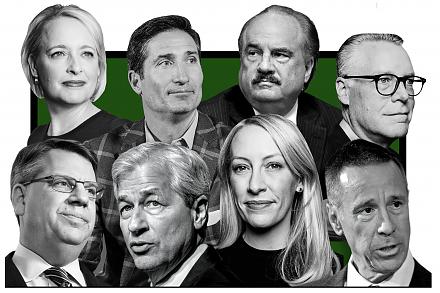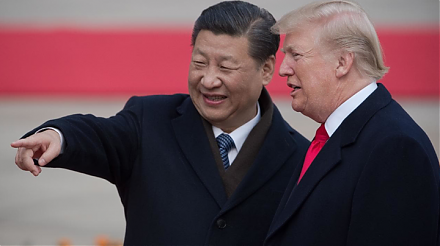

2018-08-15 14:40:00 Wed ET
technology social safety nets education infrastructure health insurance health care medical care medication vaccine social security pension deposit insurance
Senator Elizabeth Warren advocates the alternative view that most U.S. trade deals serve corporate interests over workers, customers, and suppliers etc. She then introduces her new bill, the Accountable Capitalism Act, which would require large public corporations to consider the key interests of stakeholders in corporate decisions. If U.S. Congress passes this bill, large public corporations with more than $1 billion sales revenue would need to apply for a corporate charter from the federal government. These corporations would effectively have to become benefit corporations, or b-corps, in order to recognize the fact that their key fiduciary duties extend beyond shareholder wealth maximization.
Also, employees would be able to elect 40% of the board members (in the similar form of German co-determination), and top management would have to hold equity stakes for 5 years (or 3 years if a benign share buyback takes place). At least a 75% super-majority of both board members and shareholders would have to vote before the company make productive use of internal funds for political purposes.
In light of stark economic inequality, worker welfare, and corporate involvement in political affairs, the Accountable Capitalism Act helps address key socioeconomic issues in Corporate America. Senator Warren's provisos help tackle the complex perennial problem that many U.S. public corporations fixate on short-term stock price performance. As senior management often attempts to maximize short-term profits, obscene executive compensation reflects low performance-pay sensitivity to the detriment of stakeholders such as employees, customers, and suppliers etc.
Under the new legislation, CEOs, directors, and all other executive officers would need to fulfill their fiduciary duties of care, loyalty, and good faith in order to honor longer-term stakeholder value optimization. When push comes to shove with no perfunctory compliance exercises, it is key for these U.S. large public corporations to take into account not only shareholder interests but also the primary interests of all major stakeholders over the long run.
Jeffrey Miron, Harvard director of undergraduate studies, warns that this legislation would give the federal government excessive control over U.S. public corporations. In comparison to the top-down rule, Miron proposes relying on socially-responsible funds as a better market mechanism to tame U.S. large public corporations.
If any of our AYA Analytica financial health memos (FHM), blog posts, ebooks, newsletters, and notifications etc, or any other form of online content curation, involves potential copyright concerns, please feel free to contact us at service@ayafintech.network so that we can remove relevant content in response to any such request within a reasonable time frame.
2020-01-01 13:39:00 Wednesday ET

President Trump approves a phase one trade agreement with China. This approval averts the introduction of new tariffs on Chinese imports. In return, China s
2018-12-01 11:37:00 Saturday ET

As the solo author of the books Millionaire Next Door and Richer Than Millionaire, William Danko shares 3 top secrets for *better wealth creation*. True pro
2023-11-30 08:29:00 Thursday ET

In addition to the OECD bank-credit-card model and Chinese online payment platforms, the open-payments gateways of UPI in India and Pix in Brazil have adapt
2022-08-30 10:32:00 Tuesday ET

The financial services industry needs fewer banks worldwide. As long as banks have existed in human history, their managers have realized how not all dep
2018-04-02 07:33:00 Monday ET

China President Xi JinPing tries to ease trade tension between America and China in his presidential address at the annual Boao forum. In his vulnerable att
2018-09-01 07:34:00 Saturday ET

As the French economist who studies global economic inequality in his recent book *Capital in the New Century*, Thomas Piketty co-authors with John Bates Cl